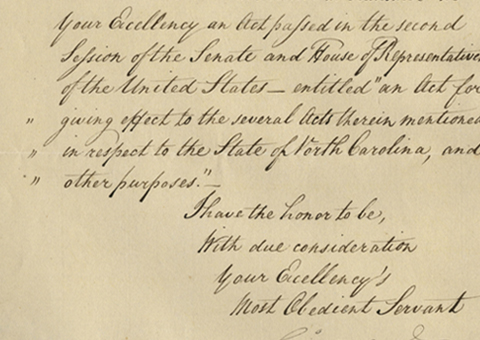Sold – Benjamin Rush On the Morality of Medicine

Do all the good you can - expect to be persecuted for doing good, and learn to rejoice in persecution.
Benjamin Rush was considered he most influential physician in the history of American medicine down to the Civil War. In 1776, he was elected a delegate to the Continental Congress and was one of the signers of the Declaration of Independence. In 1777 he was appointed Surgeon General of the Continental Army....
Benjamin Rush was considered he most influential physician in the history of American medicine down to the Civil War. In 1776, he was elected a delegate to the Continental Congress and was one of the signers of the Declaration of Independence. In 1777 he was appointed Surgeon General of the Continental Army. Afterwards, Rush returned to Philadelphia and resumed his medical practice and teaching. He was one of the first physicians to use a form of inoculation to prevent some diseases and to advocate sanitation and quarantine to prevent their spread. Rush’s major contribution to medicine lay in his work with the mentally ill at Pennsylvania Hospital. He was far ahead of his time in his belief that all mental illnesses, including alcoholism, were due to physical causes. He promoted humane treatment of the insane and published the first American psychiatric textbook. He also became one of the best known teachers in the country and trained over three thousand students in his lifetime. Rush’s professional and political prominence also brought attention to his social reforms. His lifelong stance against slavery, including his participation in and later presidency of the Pennsylvania Society for Promoting the Abolition of Slavery, helped free many slaves. Rush also deemed public punishments, then common, to be counterproductive, proposing private confinement, labor, solitude, and religious instruction for criminals.
Rush was known for his outspoken opposition to capital punishment, and his work contributed to the Pennsylvania legislature’s decision to abolish the death penalty for all crimes other than first-degree murder. In this letter on the subect, he stresses the brotherhood of man, his advocacy of humane principles, and belief in the necessity and importance of doing good. Autograph Letter Signed, 2 pages, Philadelphia, July 9, 1803, to an unnamed correspondent (apparently also a doctor), discussing Rush’s feelings on capital punishment: “Your essays upon the punishment of death by law are well written, and have added great support to my opinions on that subject. It gives me great pleasure to discover that our humane & just principles are spreading through most of the states, and that in several of them, capital punishments have been in a great measure abolished. May the time soon come when man every where shall cease not only to be the ‘greatest foe to man’ but feel that the most degraded & the most guilty individual of his species, is an unfortunate brother! Continue my dear Sir your labors for the benefit of your fellow citizens. “Do all the good you can – expect to be persecuted for doing good, and learn to rejoice in persecution’ was the advice of a venerable old clergyman to a young minister of the gospel. It is equally proper to address it to young men of all professions who devote themselves to the service of mankind. Do you ever see the Medical Depository of New York??It is now the vehicle through which I convey all my opinions and new modes of practice to the world.” A fascinating letter. Rush liked this quotation about being persecuted for doing good and repeated it to Noah Webster.

Frame, Display, Preserve
Each frame is custom constructed, using only proper museum archival materials. This includes:The finest frames, tailored to match the document you have chosen. These can period style, antiqued, gilded, wood, etc. Fabric mats, including silk and satin, as well as museum mat board with hand painted bevels. Attachment of the document to the matting to ensure its protection. This "hinging" is done according to archival standards. Protective "glass," or Tru Vue Optium Acrylic glazing, which is shatter resistant, 99% UV protective, and anti-reflective. You benefit from our decades of experience in designing and creating beautiful, compelling, and protective framed historical documents.
Learn more about our Framing Services






































































































